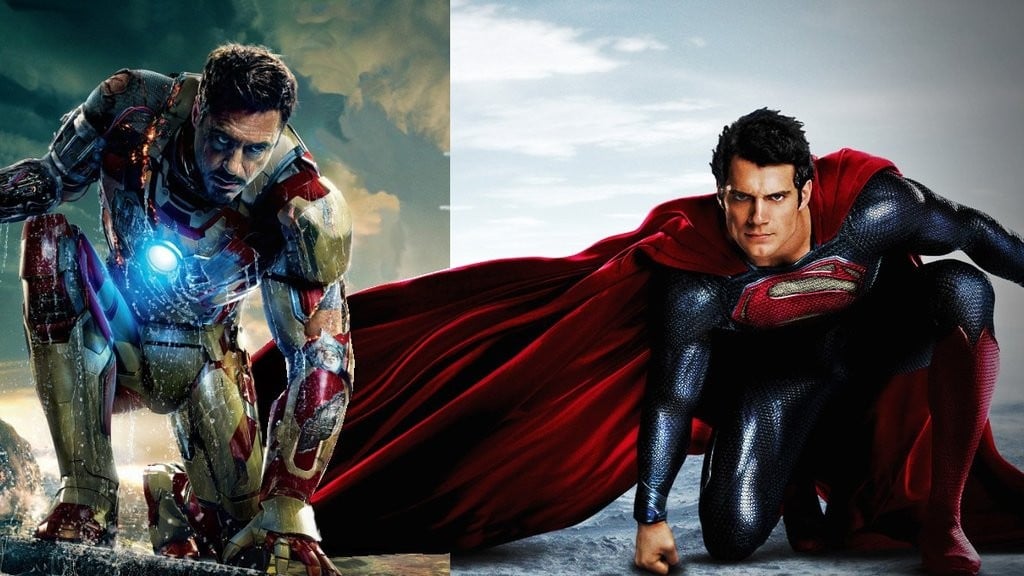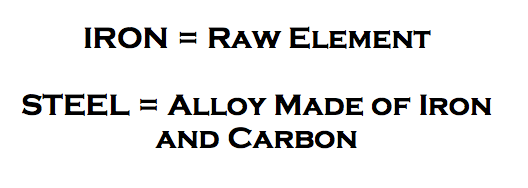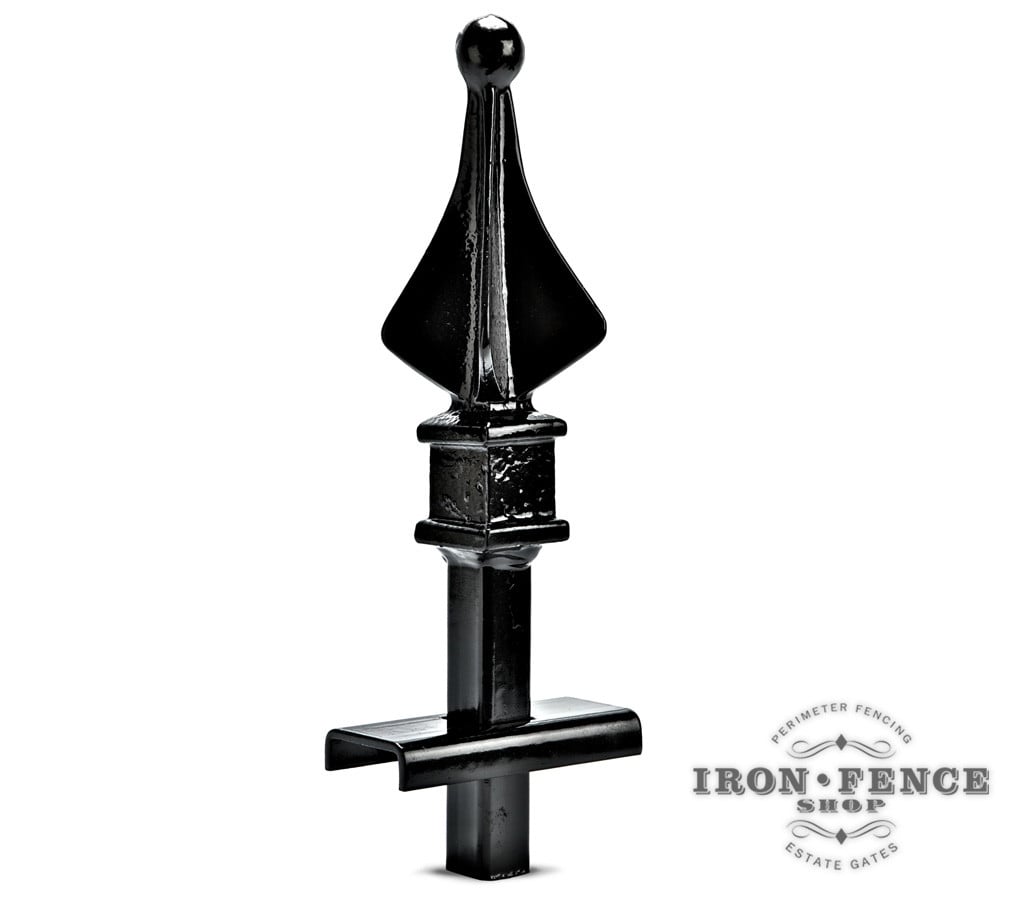
While shopping for fence, it can get very confusing when you see terms like ‘iron’ and ‘steel’ being tossed around and interchanged. So what are the real differences between them?
In the modern sense of manufacturing, they are all fairly interchangeable in terms of fence advertising and marketing. In the scientific sense, iron is an element whereas steel is an alloy. Or in more basic terms, iron is a standalone ingredient that can be harvested from the earth whereas steel is a product made from iron and carbon combined.
So, what does this mean to you when looking for fence? It means read the fine print and ask questions. Here is a quick rundown of the three and how i would categorize modern products:

IRON – The ‘old world’ wrought iron that was pounded out with an anvil and sledge is not commercially available anymore. There are probably less than a handful of shops left in the country that can do that work and the ones that can command a premium price. Steel is a superior material to work with, so it has been favored over iron for the last 80-90 years. I would consider our Stronghold Iron the closest to an authentic iron fence on the market today. Why? Because while we do use steel for the pickets, posts, horizontal rails and gate frames; we use real sand-cast ductile iron on our finial tips, post caps, gate frame caps and fence panel brackets. That is something 99.9% of other fence manufacturers cannot say. Why do we use steel and iron? Because while steel is excellent for rolling, stamping and cutting; it is not as good for shaped detail work. Sand-cast iron allows us to craft a more artistic piece that is not only strong, but beautiful.
STEEL – Steel fence is what majority of the metal fence available today (except aluminum) is comprised of. Quality of materials varies by fence manufacturer, so the devil is in the details. Standard steel fence will have no iron components and use thinner stamped steel for brackets and accents. That is why the other fence makers all use that standard ‘pinched top’ where they just squish the end of the picket into a shape. Its cheaper to manufacture that way, but it also leaves you wanting in terms of appearance. Even if you spend the extra money to upgrade to a finial tip, their tips are about 50% smaller than ours and either die-cast or plastic. Worse yet, they are just pressure fit onto the picket. So you have to get a couple hundred of them pushed on straight. And if they wiggle on, they wiggle off! Does this mean that other manufactured fences are of poor quality? Not necessarily, but they sacrifice the beauty of a combined steel and iron look for less expensive manufacturing. Even on something as boring as the fence bracket, our ductile iron brackets are MUCH stronger than the stamped steel collars they other fence manufacturers use.

In the end, our Stronghold Iron fence gives you the best of both worlds that other manufacturers just cannot offer. Still confused and have questions? Feel free to give us a call or shoot us an email. We would be happy to help out!
 Free Shipping over $5,000
Free Shipping over $5,000
 15 Years in Business
15 Years in Business
 18mo No Interest Financing
18mo No Interest Financing


